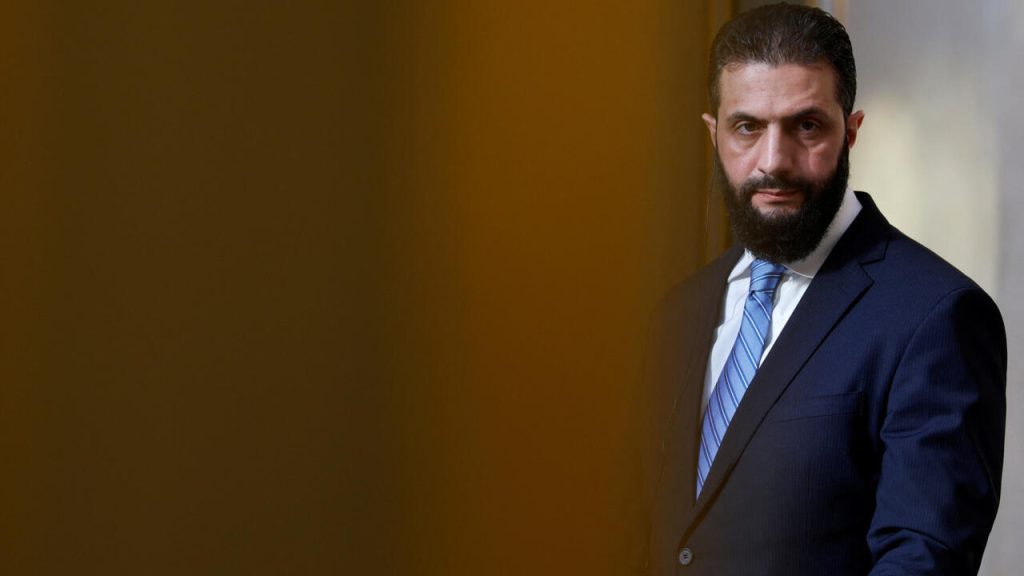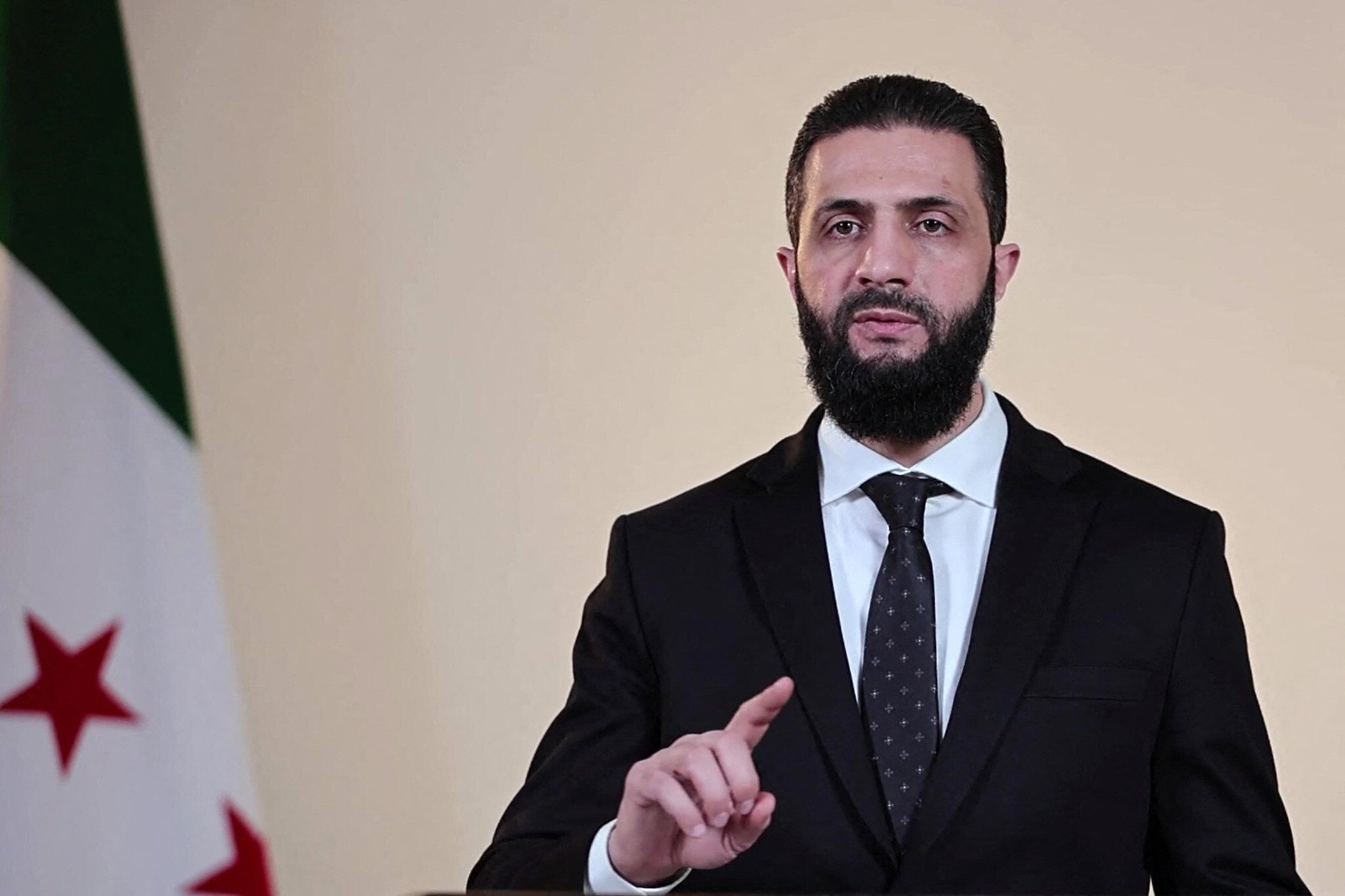Syrian interim leader Ahmed al-Sharaa has pulled troops from the Druze-majority city of Sweida in southern Syria, a move largely attributed to Israeli bombardment and international diplomatic pressure.
This withdrawal, announced Thursday, highlights Sharaa’s vulnerability despite his efforts to project control since ousting Bashar al-Assad in December.
Sharaa framed the retreat as a necessary step to avoid conflict with Israel and prevent further destabilisation in war-torn Syria.
External Forces Drive Withdrawal
In his Thursday speech, Sharaa credited the “effective intervention of American, Arab, and Turkish mediation” for averting a wider conflict. This came after Israeli air strikes targeted Syrian military headquarters and areas near the presidential palace in Damascus, coupled with diplomatic pressure from the United States.
Gamal Mansur, a researcher specialising in Syrian and Israeli studies, suggested the withdrawal was “imposed on the authorities due to the imbalance of power caused by Israel’s presence.”
He argued that Syria “was forced to retreat because its position in Sweida was not that strong, and it was unable to retain the land in Sweida without a high price that would force a second Israeli intervention.”
Sharaa himself admitted his limited options to avoid “open war” with Israel. Israeli Prime Minister Benjamin Netanyahu asserted the ceasefire was “obtained by force” rather than negotiation.
A senior Western diplomat, speaking anonymously, noted Sharaa’s realism, stating, “He knows Syria is at a weak point and that the best option is to reach a deal with the Israelis.”
Heiko Wimmen of the International Crisis Group added that Sharaa’s pullback signals his increasing acceptance of Israel’s power projection into Syrian territory. Since taking power, Sharaa has consistently stated Syria does not seek conflicts with its neighbours.
Damascus has acknowledged indirect talks to reduce tensions with Israel, which has occupied Syria’s Golan Heights since 1967.
The Israeli army deployed troops into the UN-patrolled zone on the Golan after Assad’s fall and has conducted hundreds of bombing raids.
Mansur believes the Sweida events will strengthen Israel’s negotiating position for a security agreement, though full normalisation is unlikely.

Internal Challenges to Authority
Sharaa’s government has been working to consolidate control from Damascus, aiming to merge various armed factions, often linked to ethnic or religious identities, into the state’s armed forces.
However, events in Sweida, which remains outside Damascus’s direct control, and major sectarian clashes like the coastal massacres in March (which killed over 1,700 mostly Alawite civilians) have undermined this goal.
These incidents raised significant questions about Sharaa’s ability to control loyal armed factions, including extremist groups and foreign terrorists, whom Washington had previously demanded to leave Syria.
Mansur stated that these developments reveal “the weakness of Sharaa’s authority,” emphasising the Syrian leader’s need to consolidate control over the state’s security apparatus.
Additionally, Kurds in northeastern Syria continue to advocate for a decentralised system, despite Damascus’s repeated rejections.
Bedran Ciya Kurd, a senior official in the autonomous administration, urged Damascus on Thursday to “review” its stance towards minorities.
Wimmen suggested that the Sweida clashes might strengthen the Kurds’ position, placing a “big question mark” over the idea of full integration with Damascus, giving Kurds “many reasons to be very careful about any form of integration.”


 Trending
Trending 